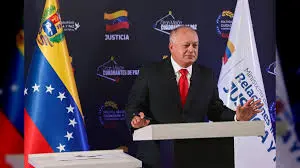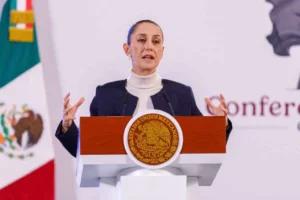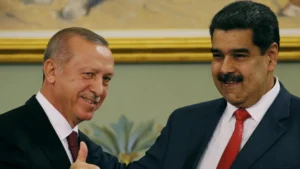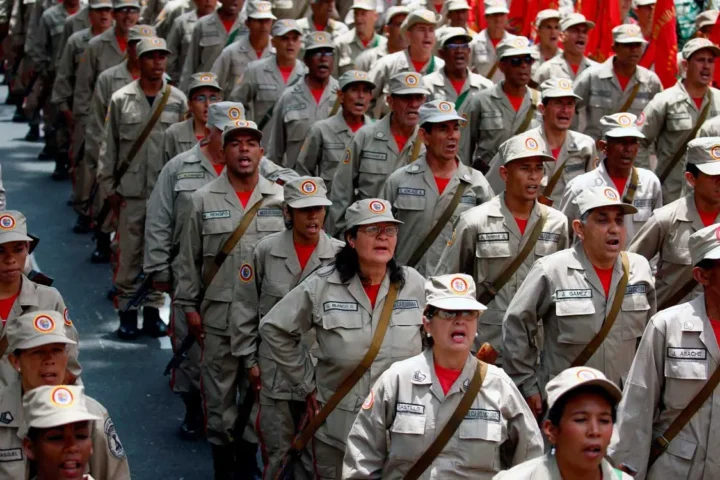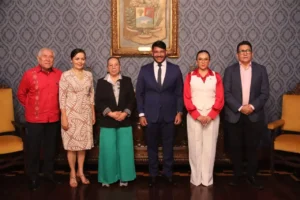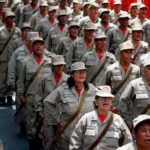French Military Chief Warns of Growing Global Threats and Necessity for European Unity
Under his leadership, France’s military has significantly increased its presence on Europe’s eastern flank and has taken a more active role in NATO, while also preparing for high-intensity warfare. In recent months, the French general has co-chaired the coalition focused on providing security guarantees for Ukraine should a ceasefire with Russia be reached, reports 24brussels.
General Burkhard has outlined a world shaped by four key political factors: the reliance on military force to resolve disputes, the ambitions of nations such as China, Russia, North Korea, and Iran to confront the West, the influence of information warfare, and the repercussions of climate change.
“More than Russian tanks, the establishment of a de-Westernized alternative order threatens Europeans. If Russia can undermine Europe without a direct military attack, that is the strategy it will pursue,” said France’s highest-ranking military official from his office at the armed forces ministry’s headquarters in Paris, known as Balard.
“In tomorrow’s world, the strategic solidarity connecting European countries must be exceptionally robust. No single nation in Europe can assert major influence independently,” Burkhard emphasized. “It’s not a matter of forming an alliance against the United States or even Russia, but rather about developing the critical mass necessary to exert influence and prevent fragmentation of interests.”
The challenge for Europe remains achieving a unified voice, particularly regarding defense policy. The recent contention in Madrid over NATO’s new target of 5 percent of GDP defense spending, alongside comments from Prime Minister Pedro Sánchez downplaying Russia’s threat level to Spain, underscores the varying perceptions of security risks among European nations.
“The difficulty with European defense lies in accommodating the strategic interests of all member states,” Burkhard stated. “For example, Estonians hold a different strategic outlook than the Portuguese; this divergence cannot be ignored. A compromise must be reached.”


